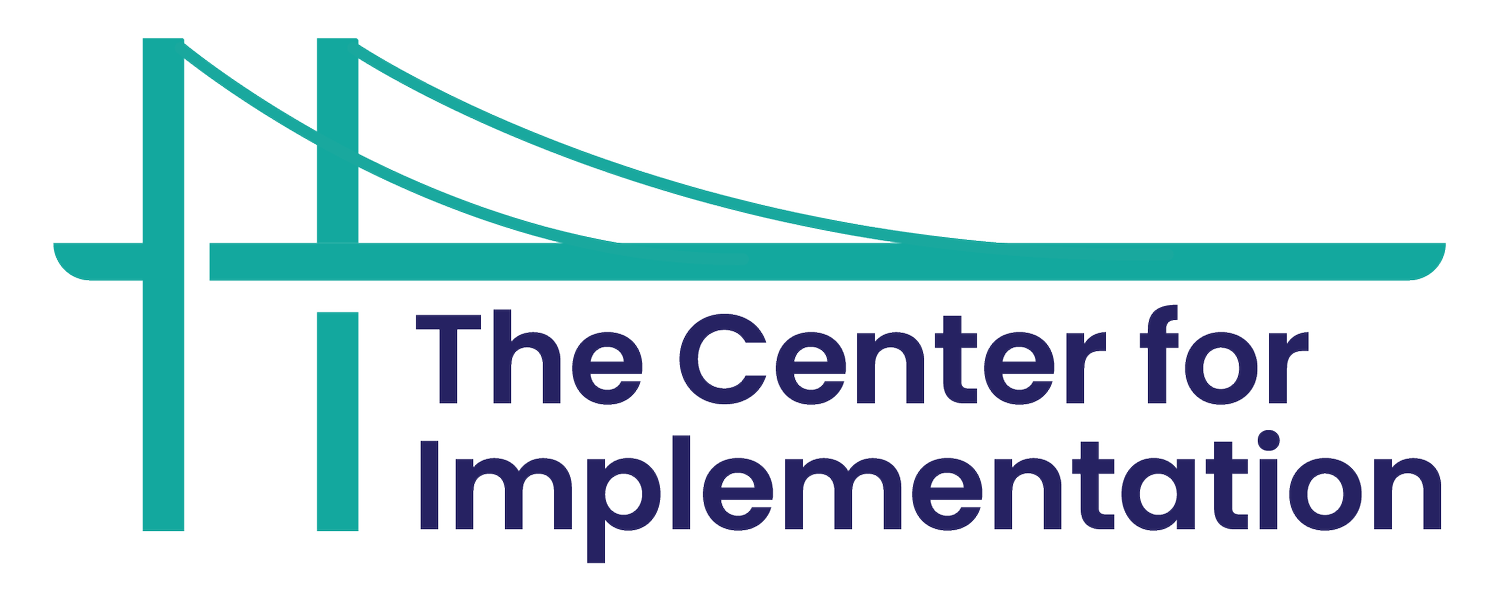Project Spotlight: Community Engagement in the Co-creation Process
By Jayne Morrish, Knowledge Mobilization Officer, Brock University - Centre for Lifespan Development Research
As the Knowledge Mobilization Officer at Brock University’s Lifespan Centre (a multidisciplinary effort dedicated to studying human development across the lifespan) my main focus is on collaboratively supporting the co-creation of knowledge. The Lifespan Centre’s major current initiative is the Brock Healthy Youth Project (BHYP). BHYP is a CIHR funded collaborative research project dedicated to longitudinally examine health-risk behaviours across adolescence though investigating interactions among brain activity, genetics, endocrine status, physical activity, personality, and environmental factors.
The Lifespan Centre typically operates under a hybridized model of implementation/KMb, with a focus on the co-creation of knowledge. This means that within large-scale research projects the Lifespan Centre, in general, works to involve relevant partners and collaborates to co-create the resulting knowledge.
A foundational aspect of the Lifespan Centre’s co-creation of knowledge is the implementation of community engagement committees. Specifically, the Lifespan Centre coordinates the BHYP Youth Engagement Committee (YEC). The main goals of the Lifespan Centre’s engagement committees are a) to ensure a continual focus on end-users within all stages of relevant research projects and b) to incorporate feedback from end-users to help ensure applicability of findings, equitable KMb, and attention to impact.
The concept for the BHYP YEC emerged during the early stages of grant writing for BHYP, after the research and KMb team ran a successful one-day youth leadership summit with 30+ youth from the Niagara Region called The SPARK Youth Leadership Summit (SPARK stood for Students Positively Applying Research Knowledge). The goal of SPARK was to hold interactive capacity-building sessions with youth around leadership and wellness. SPARK was very successful and beneficial for the BHYP team. Given this success the Lifespan Centre decided to create a formalized YEC for BHYP and other youth-focused research projects at the Centre.
Recruitment for the YEC was done through strategic marketing initiatives (e.g., social media campaigns, media outreach, targeting of SPARK attendees, etc.) and brought in 50+ applications. The YEC began officially meeting in April 2016 and has met at least 6 times per year since. A foundational aspect for the YEC is authentic engagement –focusing on avoiding tokenistic interactions, providing relevant compensation (beyond reference letters and volunteer hours) and having a direct plan for incorporating youth feedback into the research process. Topics for each YEC meeting typically vary between discussions on recruitment and retention efforts, data collection techniques, current issues that youth are facing, research results, and relevant partner initiatives.
The Lifespan Centre also coordinates a Seniors’ Advisory Council (SAC) focused on older adult research. This initiative emerged out of a clear need for engagement with older adults in the Niagara Region. The Lifespan SAC aims to provide a forum for older adults’ voices and a path to involve the older adult community in the research process. The SAC meets bi-annually and functions very similar to the YEC, except each SAC meeting brings in a new Lifespan-based researcher to engage with the council members around their older adult-based research.
While the Lifespan Centre’s community engagement efforts have been successful, they have not been without specific challenges. Some of the main challenges have been:
Overseeing and implementing community engagement committees requires staff and budgets (e.g., dedicated staff time, stipends, transportation, food, training for staff, etc.), and not all groups may have access to these resources. A potential way to minimize this challenge is to collaborate with partners and other groups to co-host collective committees together.
Creating a safe and trusting space is key for authentic engagement, particularly with youth, and this delicate balance can be disrupted when there is staff turnover. In cases of new staff working with engagement committees it is important to allow for time at meetings to build new relationships, and transitioning staff should be present to support the adjustment where possible.
Having a clearly defined process for quickly integrating feedback can be challenging, as feedback may not always fit directly within the research schedule and may take time (e.g., incorporating feedback into survey development sometimes requires additional submissions to Research Ethics Boards, etc.). A potential way to minimize this challenge is to work with committees to explain the research process at early meetings, so that everyone is on the same page.
Finally, discussions at community engagement committees are meant to be natural and fluid, however, this means that there can sometimes be “mission drift”, where members wish to discuss topics that move away from the current focus of the research. In times when discussions move out of current scope, staff should work to connect committee members with other relevant staff, researchers, or organizations so that discussions can be furthered outside of the meetings.
Overall, while the process of community engagement in the knowledge creation process is not without challenges, these costs are far outweighed by the tangible benefits, relevance and real-world knowledge that authentic engagement can bring to a research project. Some current next steps for the Lifespan Centre’s team around engagement are continual recruitment for new committee members, working to evaluate the engagement process and outcomes, and integrating partner organizing efforts as much as possible to ensure collaboration.

